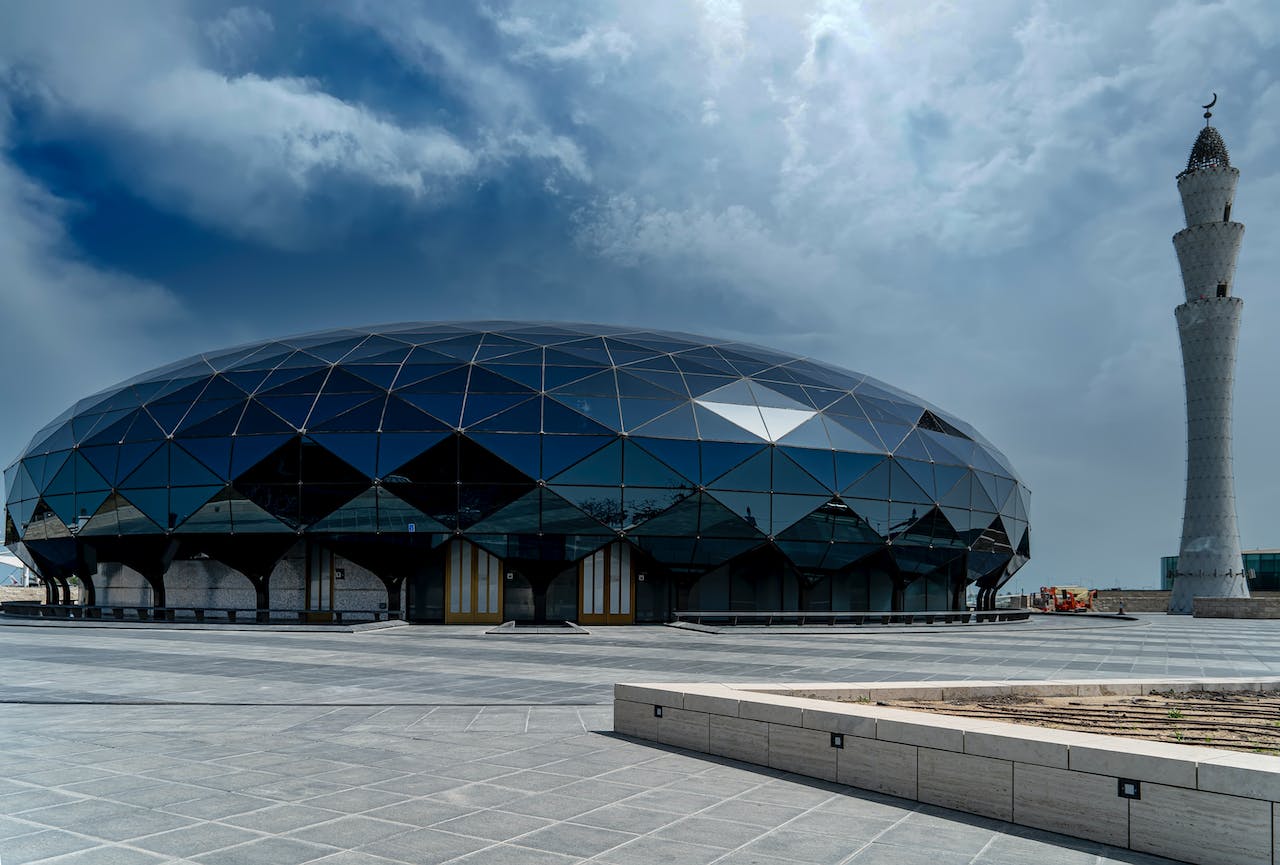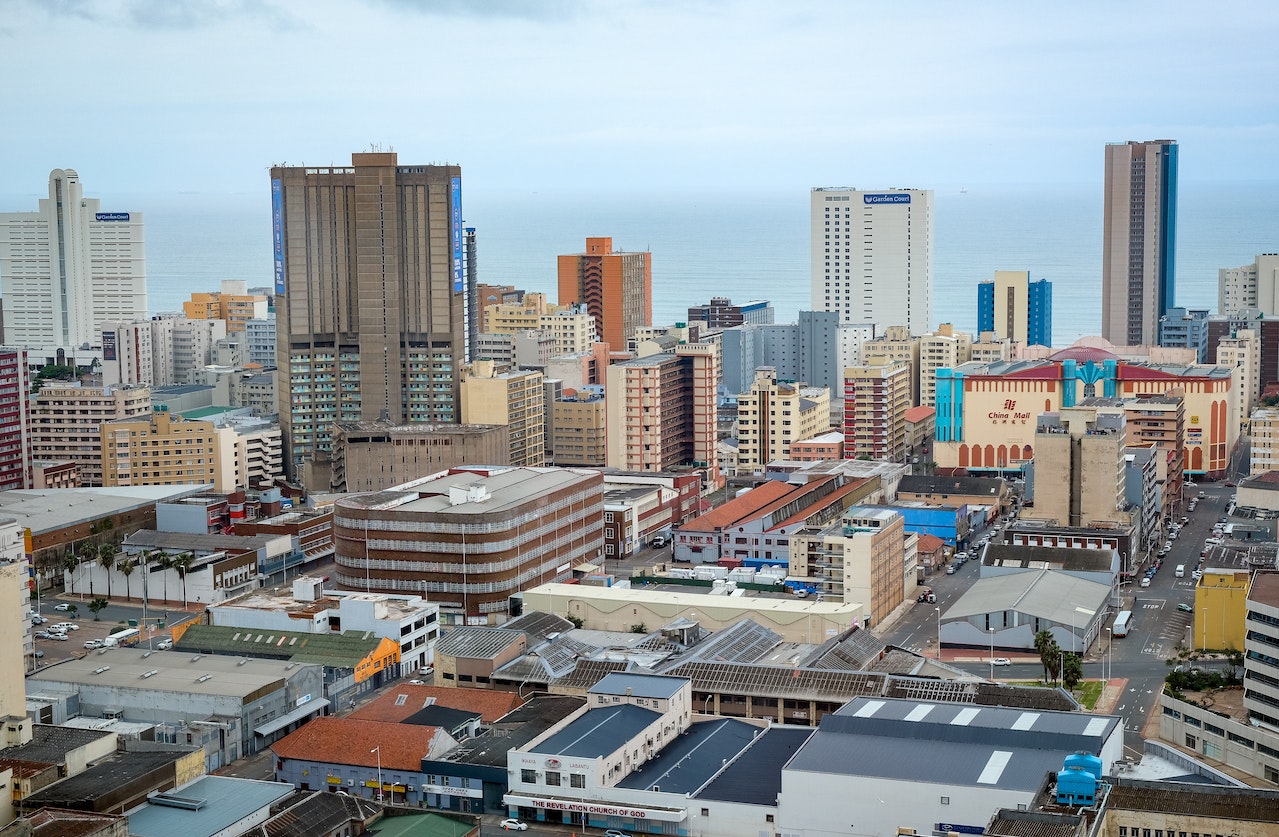Mohamed Filali


Businesses in the region often choose to remain informal to avoid what is described as outdated and oppressive tactics employed by tax officials.

During the seventh century, Muslim armies rapidly expanded their influence beyond the neighbouring Sasanian and Byzantine empires.

The ongoing transformation in the global geoeconomic landscape, highlighted by the evolving dynamics between the United States and China, signifies a pivotal shift in the geoeconomic world order.

The newly appointed Argentine Economy Minister, Luis Caputo, has unveiled an ambitious recovery plan designed to tackle hyperinflation.

In the quest for robust economic advancement in West Africa, the region finds itself at a pivotal moment, where the discovery of inventive solutions and the effective mobilisation of resources play integral roles.

Western leaders are publicly expressing support for Israel but behind closed doors, they are working towards a temporary resolution to the conflict.

Sovereign Wealth Funds (SWFs) hold a significant position in the worldwide financial arena, but what drives their success?

"We are not beggars". South African President Cyril Ramaphosa The South African President recently addressed Western leaders in Paris, emphasizing the determination of African countries to assert their economic independence. As African countries reevaluate their development strategies, it is becoming increasingly clear that the Investment-Led Growth Model, rather than the Export-Led Growth Model, holds the key to unlocking their economic potential. The premise is that increased investment, particularly in productive sectors such as infrastructure, manufacturing, technology, and human capital, can generate positive spillover effects and propel their economies forward. However, when you couple excessive external debt with the inherent tradeoffs of a Western-imposed democratic system, the model can face several challenges. In light of growing populations and significant infrastructure requirements, African governments capitalized on a decade of low-interest rates and extensively borrowed from international capital markets. Regrettably, a sequence of external shocks, encompassing the impact of COVID-19 and the Ukraine war, resulted in inflationary pressures, global financial conditions' deterioration, and credit-rating downgrades for numerous African nations. As a consequence, borrowing costs surged, making it excessively costly to access international debt markets. High levels of external debt typically come with a significant debt servicing burden crowding out investments. Lenders and investors may become reluctant to provide additional funds if they perceive the country's debt burden as unsustainable or if there are concerns about the country's ability to repay its existing debt. Vulnerability to external shocks: These shocks can lead to increased borrowing costs, currency depreciation, capital flight, and reduced investor confidence. Such adverse conditions can further constrain investment activity and hinder economic growth. This paradigm shift also raises questions about the impact of introducing the Western democracy model in the early 1990s, which hindered the success of the economic development in these nations. Some economists argue that it is important to acknowledge that the application of the investment-led model encounters democratic hurdles, particularly during the early stages of economic development. During the preliminary phases of economic development, countries often grapple with pressing concerns that require immediate attention. In the 19th century, the United States led the way, followed by Germany and the USSR in the 20th century. Later, Japan, China, and South Korea showcased the importance of redirecting income from households to firms and government. These countries wisely invested their savings in critical areas such as infrastructure, healthcare, manufacturing, and institutional development. They argue rightly that capitalism preceded democracy in the West, and protectionism paved the way for industrialization, and that the success of a development model depends on its ability to address a country's specific problems, and once it accomplishes that, it becomes obsolete, paving the way for new development models to tackle emerging economic challenges. Moreover, the economic reasoning extends to highlight that while innovation has acted as a catalyst for GDP growth in developed countries, African nations are still in the phase of adapting to technology and accumulating physical capital. By embracing the investment-led growth model, African countries strategically focus on sectors that fuel long-term economic growth, aiming to accumulate capital and adapt technologies swiftly and effectively to address their evolving specific economic challenges. Despite the challenges of the economic threshold and the trade-offs associated with a Western-imposed democratic system, African nations demonstrate unwavering resolve in embracing the investment-led growth model. They recognize it as a strategic approach to capital accumulation and technological adaptation. President Cyril Ramaphosa's emphasis on refusing to be seen as beggars further underscores their determination to forge their own path towards prosperity.

Arab countries are making remarkable progress in understanding the transformative power of capital and its implications for their economic future.

A banking crisis can manifest in diverse ways and develop over time, ultimately spreading beyond borders.
By visiting our website you agree that we are using cookies to ensure you to get the best experience.
We use cookies to ensure you to get the best experience on our website. If you decline the use of cookies, this website may not function as expected.
Tools used to analyze the data to measure the effectiveness of a website and to understand how it works.